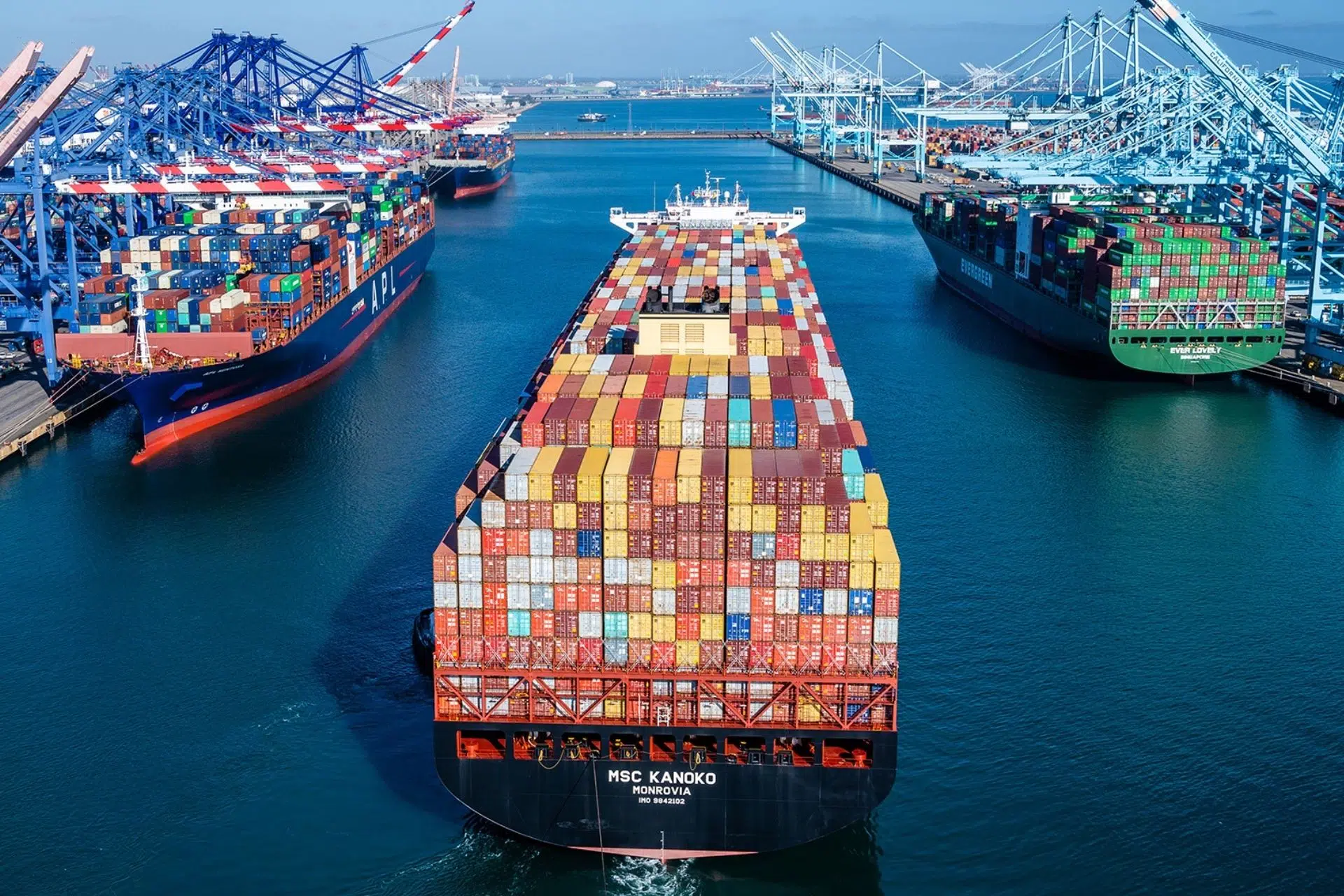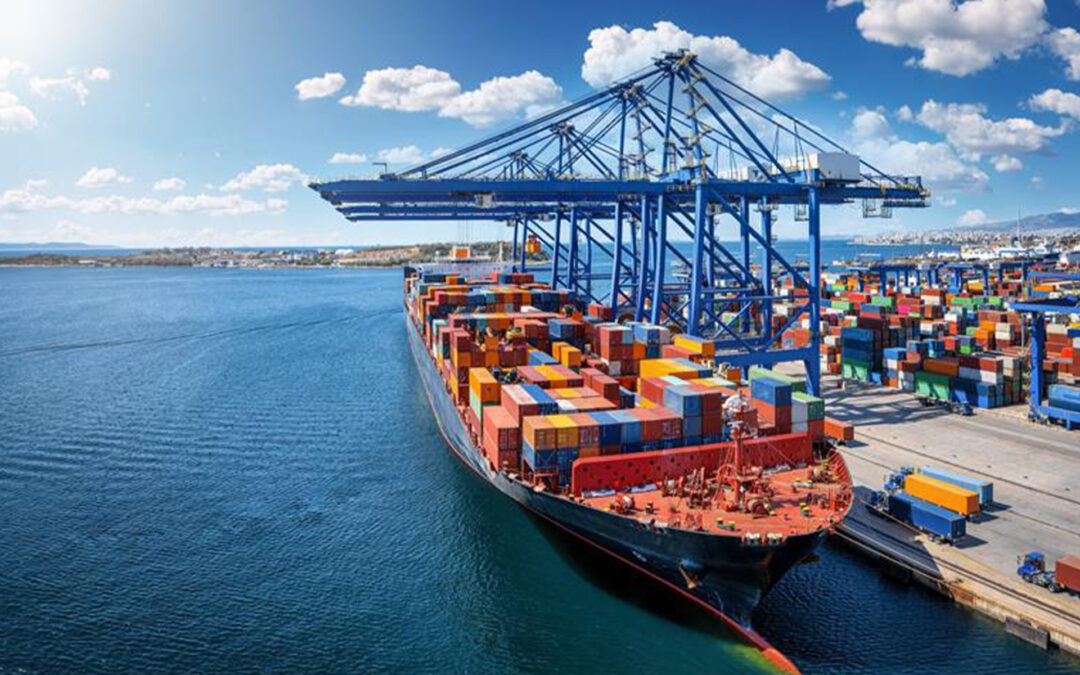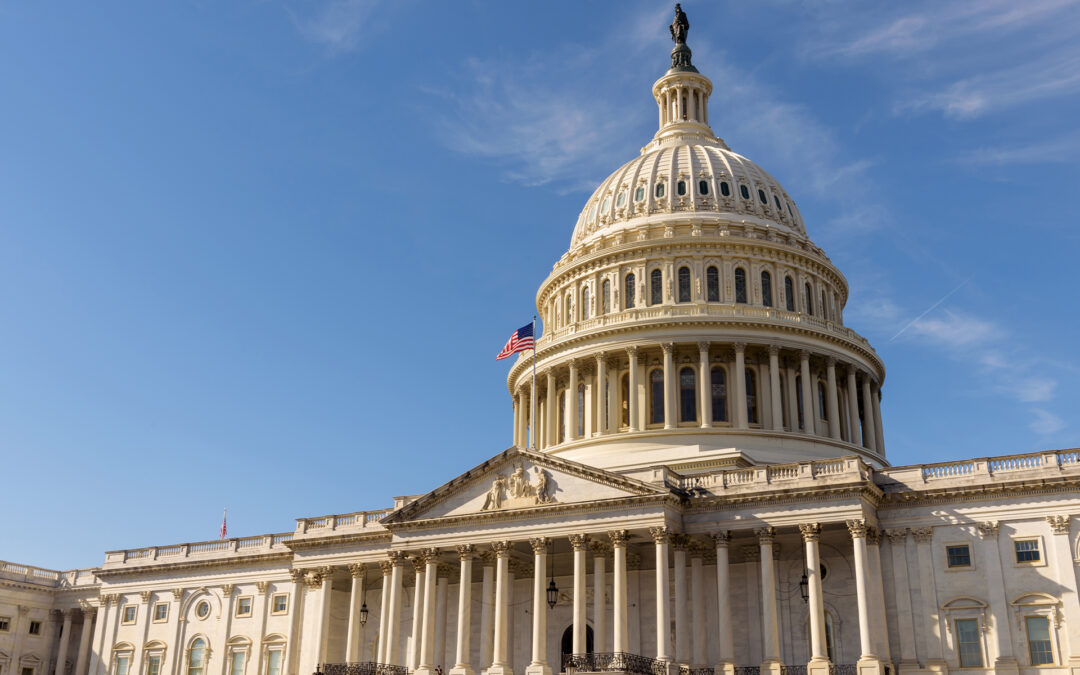The U.S. Senate unanimously passed its version of a bill to improve oversight of ocean shipping with the goal of easing port backlogs and other factors contributing to freight delays and potentially higher costs.
The Senate version of the Ocean Shipping Reform Act, sponsored by Senators Amy Klobuchar (D-MN) and John Thune (R-SD), would make it harder for ocean carriers to unreasonably refuse goods at ports. The legislation would strengthen the investigatory authority of the Federal Maritime Commission (FMC), the U.S. agency that oversees ocean shipping, and boost transparency of industry practices.
The U.S. House of Representatives previously passed its version of the shipping reform bill in legislation led by John Garamendi (D-CA) and Dusty Johnson (R-SD).
The Senate version of the Ocean Shipping Reform Act will:
- Require ocean carriers to certify that late fees — known in maritime parlance as “detention and demurrage” charges — comply with federal regulations or face penalties;
- Shift burden of proof regarding the reasonableness of “detention or demurrage” charges from the invoiced party to the ocean carrier;
- Prohibit ocean carriers from unreasonably declining shipping opportunities for U.S. exports, as determined by the FMC in new required rulemaking;
- Require ocean common carriers to report to the FMC each calendar quarter on total import/export tonnage and 20-foot equivalent units (loaded/empty) per vessel that makes port in the United States;
- Authorize the FMC to self-initiate investigations of ocean common carrier’s business practices and apply enforcement measures, as appropriate; and
- Establish new authority for the FMC to register shipping exchanges.
The House and Senate bills are very similar, according to Brightup Group CEO Craig Brightup, of the International Housewares Association government affairs office in Washington. Brightup noted the Senate bill does not delve into ocean carrier antitrust issues, and it does not allow for a private right of action by cargo owners in addition to Federal Maritime Commission enforcement actions.
The companion bills now go to a House-Senate conference to reconcile these differences before going to the White House. Brightup said it is unknown at this time if a final bill will be voted on using the stand-alone process or as part of major “China competition legislation” per its inclusion in the House-passed America Competes Act. “Regardless, prospects look good for Ocean Shipping Reform Act to ultimately get to the President’s desk,” he said.
The shipping reform bills were passed with support from a coalition of several industry trade associations, including the International Housewares Association and the National Retail Federation.





